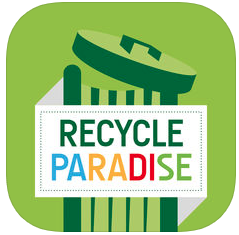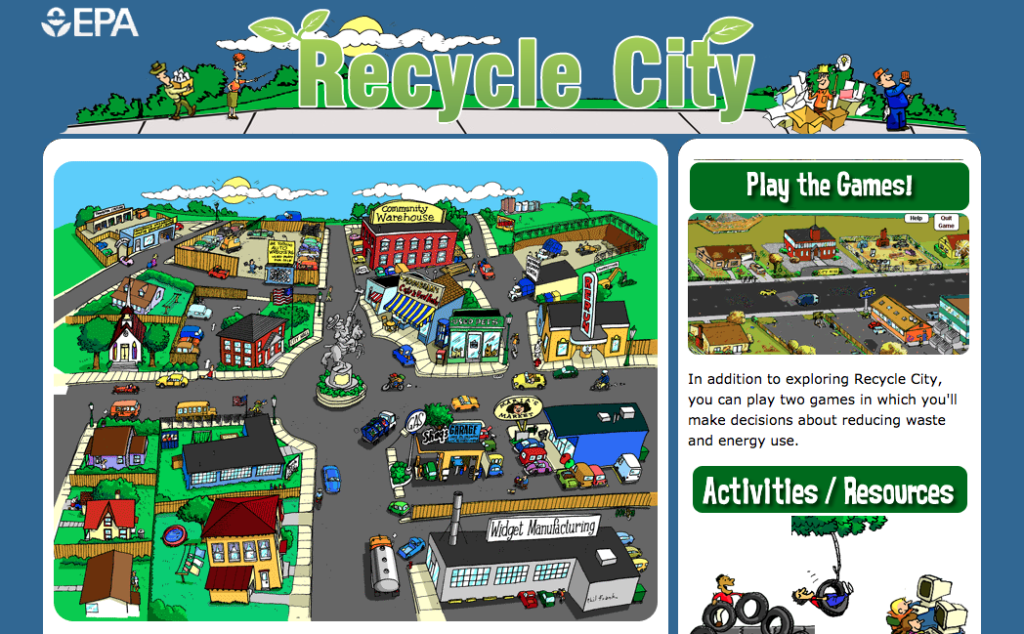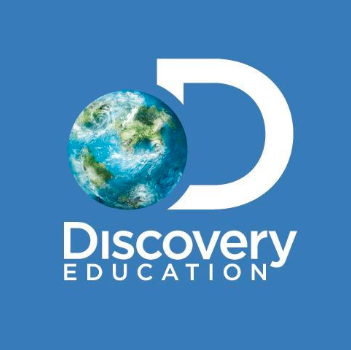RECYCLE COACH: PERSONALIZED LEARNING SYSTEM
In the Spring of 2017, I was working as a Content & Education Manager at civic tech company Recycle Coach. The company’s core product was a recycling and waste communication tool between municipal governments and their residents.
In pursuit of a premium product line, the president tasked me with conducting research for a new product: a personalized learning system for recycling and waste education for elementary school students. The system would be sold to cities, counties and municipalities who would in turn provide the resource to teachers in their respective school boards.
I started with competitive analysis.
COMPETITIVE ANALYSIS
I found other digital learning systems online that were tackling recycling and waste eduction. I analyzed their scope, their features and tried to understand if and how teachers were implementing these softwares in their classrooms.



It turned out that a comprehensive personalized learning system for high school and elementary students did not exist. There were dozens of fun and quirky recycling games on the market, but nothing that would help tackle recycling and waste literacy on a more granular level. The games currently available online, could all be completed in under 10 minutes. Nothing existed that would take days or weeks like personalized language systems (Duolingo, Memrise etc.) that could be implemented into a teacher’s weekly teaching schedule.
SURVEY
With this context in mind, I started digging into research– and I started with a survey. I sent out a questionnaire to teachers in the US and Canada via social media and community boards. Questions were about curriculum and how teachers went about assembling their daily and weekly lesson plans. After about a week of so I received a response from over 100 teachers across North America. I analyzed the results and moved onto interviews.
My intention with the survey was to get a sense of the goals and motivations of teachers when setting out to make a lesson plan.
INTERVIEWS
I conducted interviews with 10 teachers, 5 in the USA and 5 in Canada. The main thing I was trying to understand in these interviews was:
How are teachers held accountable for student learning and outcomes? How is the effectiveness of a teacher graded in both the Canadian and American school systems?
LITERATURE REVIEW
With this primary research in my pocket, I conducted a literature review with the following question in mind:
What part of the curriculum would this system fit into? And how would we best design it to help teachers reach their annual milestones with individual students?
I reviewed the following:
- Curriculum guidelines/policy in all Canadian provinces
- Curriculum guidelines/policy in 5 US states (the states where we were doing the most business in)
- Academic literature about planning, assessment and evaluation in the USA
- Academic literature about planning, assessment and evaluation in the USA
- Blogs and online articles about planning, assessment and evaluation in the USA and Canada (written by teachers themselves)
Insights from the survey, interviews and literature review were assembled into a comprehensive research brief and presented to the company President.
KEY LEARNINGS
- Resist the urge of having assumptions strangle hold you. The first huge assumption with this project (since it was a brand new idea in a growing start up) was: teachers need a tool for recycling and waste education
- Just because you have been asked to research something does not mean it should be designed or developed. In a start up environment, it is your job to suss out the feasibility and risk associated with a new potential product. Raise flags as you see them.
- Let your user’s problems and motivations guide you and cut out the rest of the noise (especially in the very first stages of research)